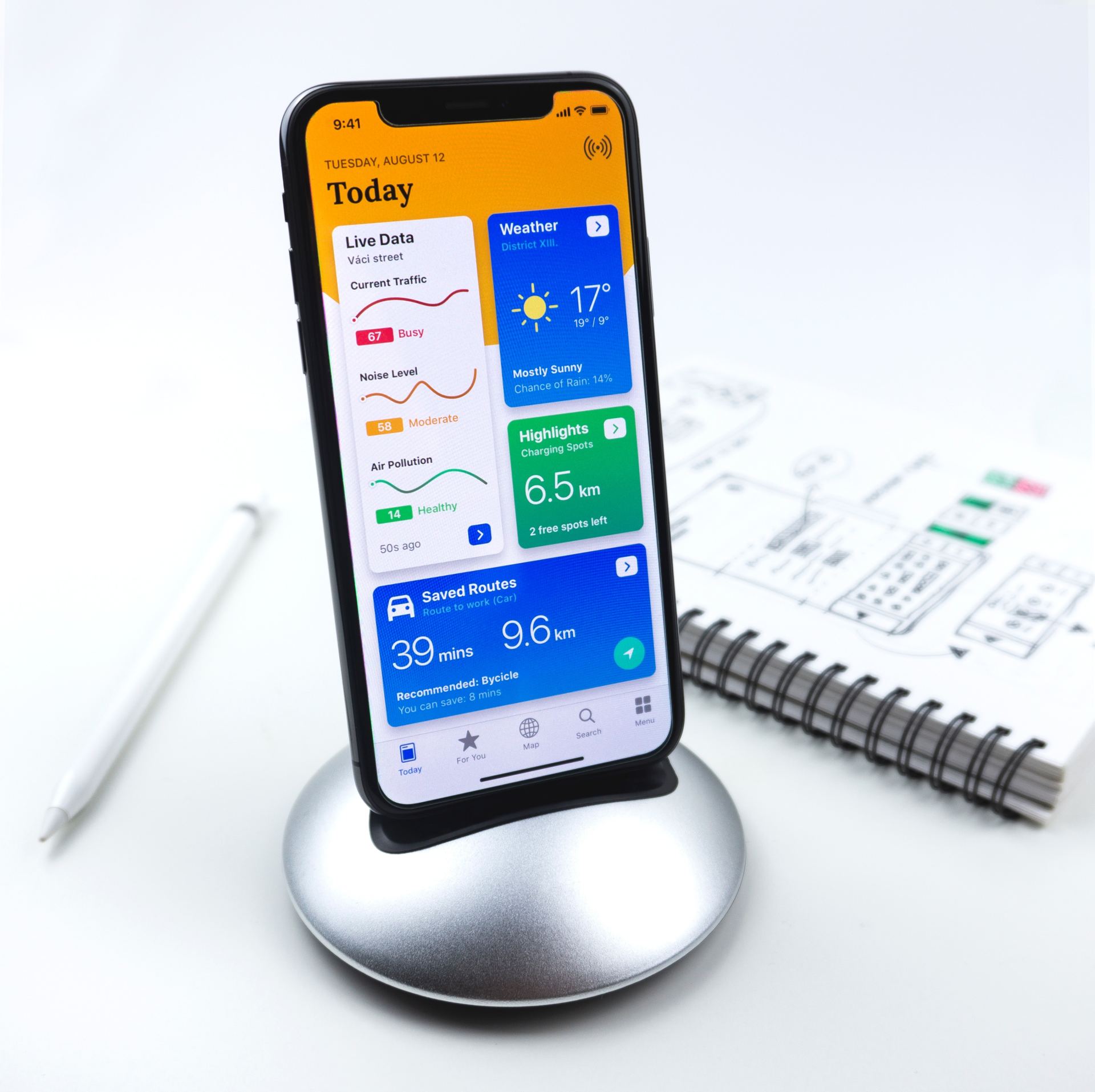Cell Phone Policy
December 13, 2019

In recent years, policies for corporate use cell phones have evolved to the point where most organizations no longer provide corporate liable devices (those paid for by the organization) to their employees. While there are some circumstances which warrant a small number of corporate liable devices for certain types of employees to be maintained, for the most part, organizations are moving to a BYOD (Bring Your Own Device) environment. There are multiple factors contributing to this evolution:
- Smart devices have become commonplace among users
- Cell phone plans today typically include ample usage allowances for voice, text and data to handle both personal and business calling at very competitive rates
- Organizations no longer want to manage these devices and associated costs:
- Ongoing management of cell phone plans
- Responsibility for loss or breakage
- Providing accessories such as headsets, cases, etc.
In addition, MDM (Mobile Device Management) applications provide both BYOD device manageability and security for corporate information without controlling a user’s personal information.
In some organizations, it is policy to provide a small stipend for covering the cost associated with business cell phone use for personal cell phones. This is either a mandate by law, as in California, or simply company policy. As users’ cell phone plans increasingly have ample usage allowances to cover both personal and business use, fewer organizations are offering a stipend, if not governed by law.
CASE STUDY:
Optisave was asked to review the cell phone policy of a large health system in the Midwest. It had previously eliminated nearly all corporate liable devices but was paying over $2M annually in stipends. After thorough review of users’ bills, it was determined that this stipend could be totally eliminated without additional cost to the users.
Optisave can assist in the review of your cellphone policy and work with your organization to develop a solution that optimizes both the management and cost associated with cell phones.
Additional Blog Posts

Most health systems pay for support and/or maintenance on hardware and software on an annual or multi-year basis. This includes clinical and financial software applications and desktop and network equipment, as well as data center hardware and software. Usually, support is manufacturer-provided and purchased either directly or through a Value Added Reseller (VAR). Third Party Maintenance (TPM) - Original Equipment Manufacturer (OEM)-authorized/OEM-independent maintenance – is increasingly common in the hardware and software support market, with a thriving ecosystem of independent support providers for specific software, server, storage and networking equipment. IT organizations selectively use TPM providers to cost-effectively extend IT asset life and control OEM-forced upgrades. TPM, also known as aftermarket hardware and/or software support or post-warranty support, is popular when equipment warranty or service agreements end. TPM can be a cost-effective alternative to OEM support. TPM can offer multiple benefits: Cost: TPM providers are typcially significantly less expensive than the OEM Flexibility: TPM can be more flexible than OEM support. Responsiveness: TPM can often be more responsive to issues than OEM support. Communication: TPM providers are directly linked to OEM Level 3 support. Expertise: TPM providers offer broad expertise in hardware/software brands and manufacturers. Remote monitoring: TPM can provide remote monitoring to help identify potential network issues that could expose company data to cyber threats. TPM services can include: Software support including security patching Hardware support to include Replacement or repair of hardware On-site engineering assistance Remote monitoring Operating support Data backup CASE STUDIES A Southwest children’s hospital was renewing hardware support on its data storage equipment. After thorough evaluation of its requirements, they decided to identify and solicit bids for 3rd party support for one year. One requirement was that the selected vendor had certified engineers and replacement hardware, if needed. Additionally, the vendor needed to have the ability to integrate into the hospital’s trouble ticket system. With Optisave’s guidance, an appropriate 3rd party vendor was selected, and at a 60% lower cost than OEM support. The Microsoft Unified Support agreement was coming up for renewal at large Mid-Atlantic health system. Renewal cost was far greater than the health system had budgeted so they were willing to look outside Microsoft for support. Several qualified vendors were identified and an RFI was issued. Ultimately the health system worked with Optisave experts to select a vendor that not only had a significant amount of experience with health systems, but was also more than half the cost of what Microsoft was going to charge for the renewal. Optisave works with healthcare, financial services, manufacturing, and other complex organizations to determine whether Third Party Maintenance is right for them and select the ideal provider. Contact us today to start a conversation.

Optisave’s integrated advisory services provide solutions to key IT issues challenging organizations today. With consolidation and reorganization in complex industries such as healthcare, manufacturing and financial services, an important, yet often overlooked factor is how to optimize IT products and services after organizational transition.
